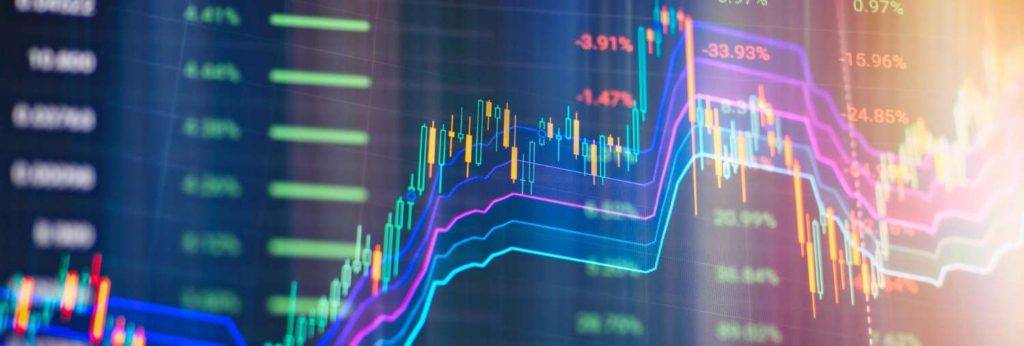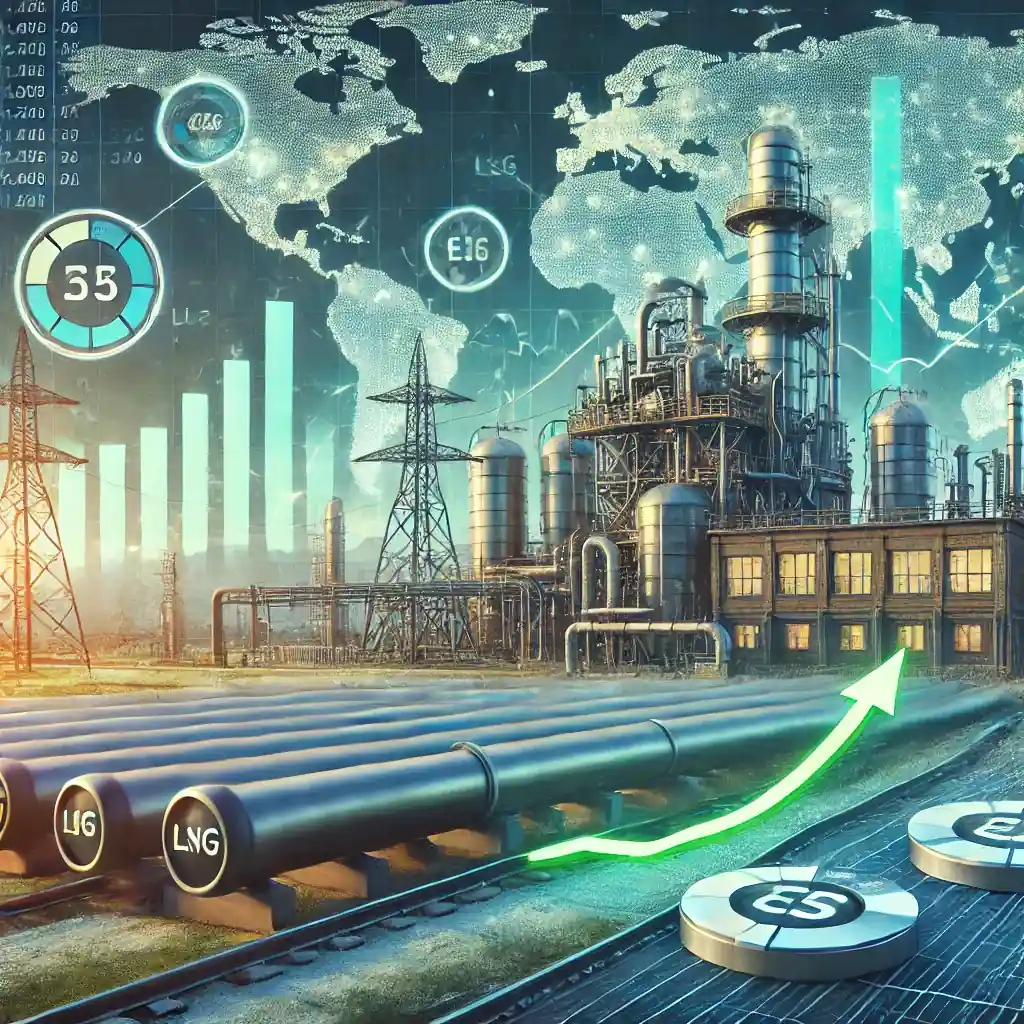Rising Gas Prices Challenge Europe’s Industries
Europe is bracing for a renewed surge in gas prices this winter as cold weather depletes reserves and competition with Asia for liquefied natural gas (LNG) intensifies. EU-wide gas inventories are currently 85% full, about 10% lower than a year ago, leaving the region vulnerable to price shocks.
The Legacy of the 2022 Energy Crisis
The energy crisis of 2022 saw gas prices peak at nearly €350 per megawatt hour (MWh), forcing dozens of factories to close. Despite falling from those historic highs, current EU gas prices—around €50/MWh—remain five times higher than U.S. levels, eroding the competitiveness of European industries.
Shrinking Gas Reserves and Rising Costs
EU gas reserves are significantly below levels recorded in previous years. Analysts predict prices could climb to €70/MWh in 2025, driven by geopolitical uncertainties and rising demand. The European Commission recently raised storage targets to ensure supply, but this move may inadvertently increase price pressure.
The Impact on Europe’s Manufacturing Sector
High energy costs have taken a toll on Europe’s manufacturing sector. Over the past four years, nearly a million manufacturing jobs have been lost, and dozens of factories have shuttered. In France, industries are expected to operate at just 70-80% capacity this winter, with the chemical sector particularly hard-hit.
Increased Competition for LNG Supplies
Europe is relying heavily on LNG imports to fill its gas supply gap. In November alone, the EU imported 11.3 billion cubic meters of LNG, primarily from the United States and the Middle East. However, competition for LNG with Asia is expected to intensify, further driving up prices.
Long-Term Challenges for European Industry
The high cost of energy is prompting some European companies to consider relocating operations abroad. German firms, for example, cite energy costs as a significant barrier to competitiveness. This trend raises concerns about de-industrialization, particularly for small and medium-sized enterprises across the continent.
Regulatory Shifts and Russian Gas Dependency
The European Parliament recently passed rules allowing member states to ban Russian LNG imports, heightening reliance on U.S. and Middle Eastern gas. While these measures aim to reduce dependency on Russian supplies, they could exacerbate competition for limited resources, increasing pressure on storage levels.
The Path Forward for Europe’s Energy Market
Europe’s energy market is at a crossroads. To address ongoing challenges, policymakers and industry leaders must focus on diversifying supply sources, investing in renewable energy, and enhancing energy efficiency. Without these measures, the region risks prolonged economic strain due to rising gas prices.




